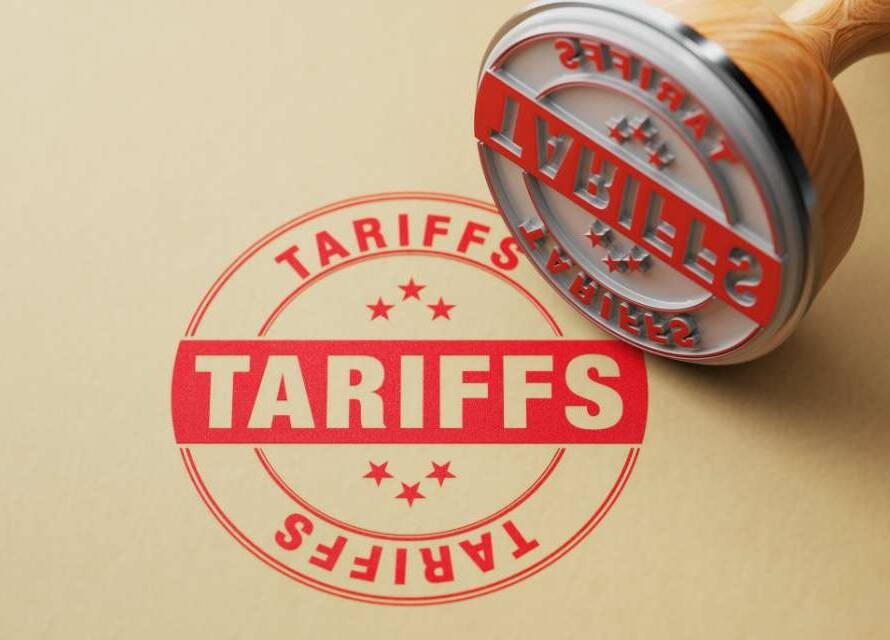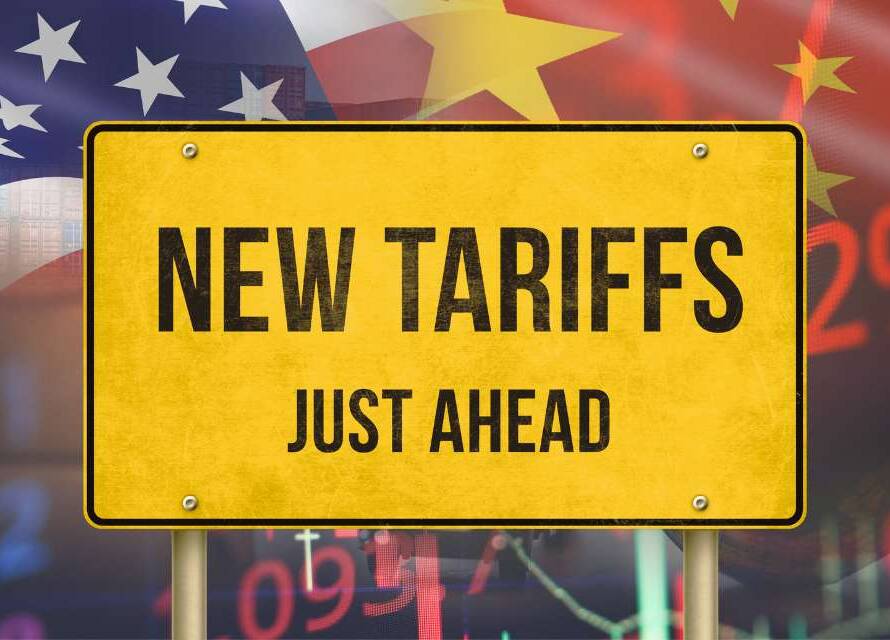In the face of global trade tensions, geopolitical uncertainties, and high tariffs, U.S. manufacturers are increasingly adapting their supply chains to ensure stability and resilience. A 2023 report by Boston Consulting Group highlighted that over 90% of U.S. manufacturing companies have shifted parts of their production or supply chains in the past five years, with many planning further changes. Here are key strategies U.S. companies are using to diversify their sourcing and secure their supply chains.
Diversification
One prominent approach is regional diversification, where companies reduce reliance on a single country, particularly China, by shifting production to other Asian nations like India, Vietnam, Thailand, and Malaysia. Apple, for instance, has increased its iPhone production in India to 7% in 2023, with plans to raise that figure to 25% by 2025.
Adidas has similarly adjusted its supply chain, moving U.S. supply chain out of China due to growing geopolitical tensions. According to CEO Bjørn Gulden, the company has largely severed ties with Chinese suppliers for U.S. goods, ensuring resilience in the face of potential new tariffs.
Nearshoring
Nearshoring—moving production closer to home—has also gained traction. Mexico is a prime location due to its proximity to the U.S. According to a report by Santander Bank, the U.S. now accounts for nearly 40% of foreign direct investment in Mexico. Mexican exports to the U.S. were valued at $475.2 billion in 2022, driven by factors like quicker logistics and lower labor costs compared to overseas markets.
However, the U.S. government is also taking steps to prevent companies from circumventing tariffs on Chinese-made goods by routing them through Mexico. For example, new rules require that steel imported from Mexico must be melted and poured within North America to qualify for duty-free benefits, and aluminum imports must exclude primary materials sourced from China, Russia, Belarus, or Iran.
Reshoring
Some companies are opting to bring production back to the U.S. entirely, a trend known as reshoring. This reduces dependence on distant markets and mitigates the risks associated with global supply chains. Todd Shelton, an apparel company, successfully reshored manufacturing from Asia to New Jersey, improving product quality and innovation while reducing lead times. Despite facing challenges like higher labor costs, Todd Shelton has managed to thrive by focusing on high-quality materials, rapid delivery, and customization.
Vertical Integration
To gain greater control over critical parts of their supply chains, some companies are adopting vertical integration by bringing essential processes in-house. For example, General Motors invested in Lithium Americas to secure lithium supplies for its electric vehicle batteries, while Thor Industries, a major RV manufacturer, acquired suppliers like Airxcel and Tiffin Motorhomes to maintain production continuity.
Through a combination of regional diversification, nearshoring, reshoring, and vertical integration, U.S. manufacturers are taking proactive steps to build more resilient supply chains and adapt to an increasingly uncertain global environment.
As a U.S.-based company with 30 years of experience, Source Machining Specialties specializes in helping U.S. manufacturers with their manufacturing needs in India. We’re so confident in our Indian production facilities that we invite you to a site audit at our expense. Discover more about our capabilities and services, and let’s start a conversation.



